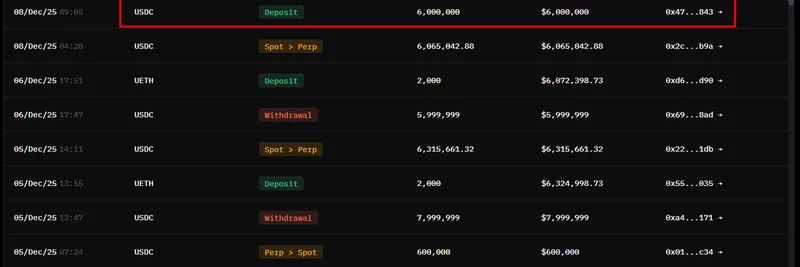In the fast-paced world of cryptocurrency, where meme tokens like Dogecoin and Shiba Inu have turned everyday folks into millionaires, there's an undercurrent of toxicity that's hard to ignore. Recently, crypto influencer Atitty (@Atitty_ on X) sparked a conversation with a tweet that cuts right to the heart of the issue.
Quoting his own earlier post—"People get mad when it’s not them making the profit"—Atitty expanded: "It’s toxic how this space is about finance and tech but when someone makes profit or sells, we all hate on them. It’s backwards, how do you expect to onboard normies when all they see is people being jealous of each other. Instead we should be congratulating and supporting."
This isn't just idle chatter. Atitty, who's involved with projects like Majur DAO and Luckio, is pointing out a real problem in the meme token ecosystem. For those new to the scene, "normies" are regular people outside the crypto bubble—your average Joe or Jane who might dip their toes into blockchain if it didn't look like a shark tank.
The Root of the Toxicity
Meme tokens thrive on community hype, viral trends, and yes, the dream of quick profits. But when someone actually cashes in—whether it's a developer selling their holdings or an influencer promoting a token that moons—the backlash is swift. Accusations of "rug pulls" (when devs abandon a project after raising funds) or "paid shills" fly around, often fueled by envy rather than facts.
Take Atitty's recent drama as an example. He teased exposing shady practices among key opinion leaders (KOLs)—those big accounts that sway market sentiment. In one post, he claimed a popular figure gets paid to spread FUD (fear, uncertainty, and doubt) without disclosing it. The response? Threats and attempts to silence him, highlighting how protective (and profitable) these networks can be.
This jealousy loop creates a vicious cycle. Potential investors see the infighting and think twice about joining. Why risk your hard-earned cash in a space where success breeds resentment?
Why It Matters for Meme Tokens
Meme tokens are more than just jokes; they're gateways to blockchain tech. Projects like Pepe or Bonk introduce users to decentralized finance (DeFi), NFTs, and smart contracts in a fun way. But if the community is too busy tearing each other down, how can we build a welcoming environment?
Imagine scrolling through X (formerly Twitter) and seeing endless threads of hate instead of success stories. It scares off normies who could bring fresh capital and ideas. Onboarding—the process of getting new users comfortable with wallets, exchanges, and tokens—becomes impossible in a toxic atmosphere.
Shifting to Support and Growth
Atitty's call to action is simple: congratulate and support. In a space built on innovation, celebrating wins could accelerate adoption. Think about it— if we hyped up profitable trades like we do moonshots, more people might see crypto as empowering rather than cutthroat.
For meme token enthusiasts, this means fostering positive communities. Join Telegram groups that focus on education over pumps. Follow influencers who disclose partnerships transparently. And when someone scores a big win, drop a "Congrats!" instead of shade.
At Meme Insider, we're all about building that knowledge base. Whether you're tracking the latest Solana memes or diving into Ethereum layer-2 plays, remember: a rising tide lifts all boats. Let's ditch the jealousy and onboard the masses—starting with supporting voices like Atitty who call out the BS.
What do you think? Is crypto's profit envy holding us back? Share your thoughts in the comments below.

